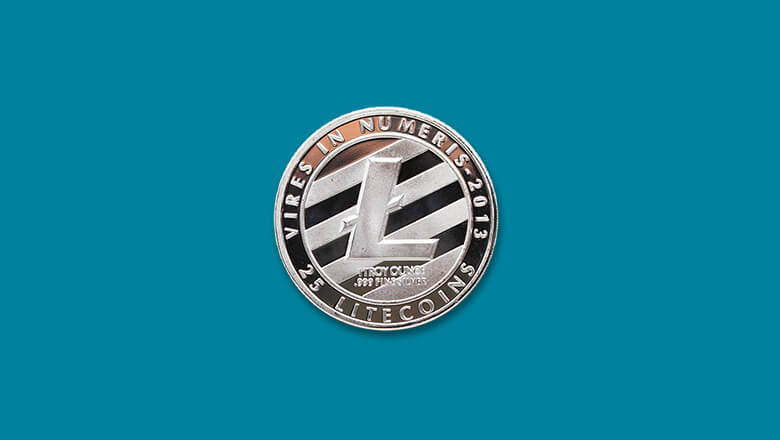Bitcoin vs. Litecoin: Which one should you choose?


In the world of cryptocurrencies, Bitcoin (BTC) and Litecoin (LTC) stand as two of the most prominent and widely recognized digital currencies. While both share similarities, they also have distinct differences that make them unique.
Bitcoin vs Litecoin. Bitcoin is the Pioneer
Introduced in 2009 by an anonymous entity known as Satoshi Nakamoto, is the first cryptocurrency ever created. It set the standard for decentralized digital currencies and remains the most valuable and widely adopted cryptocurrency globally. Bitcoin’s primary purpose is to serve as a digital store of value and a decentralized alternative to traditional fiat currencies. Its total supply caps at 21 million coins, which adds to its scarcity and value over time.
Litecoin: The Silver to Bitcoin’s Gold
Litecoin, created by Charlie Lee in 2011, is often referred to as the “silver” to Bitcoin’s “gold.” While it shares the same fundamental principles as Bitcoin, Litecoin addresses some of Bitcoin’s limitations. It has a higher supply limit of 84 million coins, four times that of Bitcoin, and a faster block generation time of 2.5 minutes compared to Bitcoin’s 10 minutes. This faster block time results in quicker transaction confirmations, making Litecoin more efficient for smaller, everyday transactions.
Key Differences
The primary differences between Bitcoin and Litecoin lie in their transaction speed, supply, and market adoption. Bitcoin’s slower transaction time is a drawback for everyday use. But it reinforces its position as a store of value, much like digital gold. Litecoin, on the other hand, is more suitable for smaller, quicker transactions. Acting as a more practical digital currency for everyday use. If you make more frequent withdrawals and purchases, Litecoin may be the cryptocurrency for you.
Both Bitcoin and Litecoin have their strengths and weaknesses. Bitcoin’s dominance as a store of value and its widespread adoption make it the leading cryptocurrency. While Litecoin’s speed and efficiency make it a practical choice for everyday transactions. Understanding these differences can help investors and users make informed decisions in the ever-evolving world of cryptocurrencies.
Why waste words hyping crypto when it’s just digital dreams sold by modern snake oil?
Both Bitcoin and Litecoin offer intriguing pathways in the digital currency world! 😊 Their unique strengths make the choice exciting for various cryptocurrencies users—great insights!
Oh please, calling routine spins ‘thrilling guidance’?! Just dull nonsense again—so frustrating and disappointing! 😠